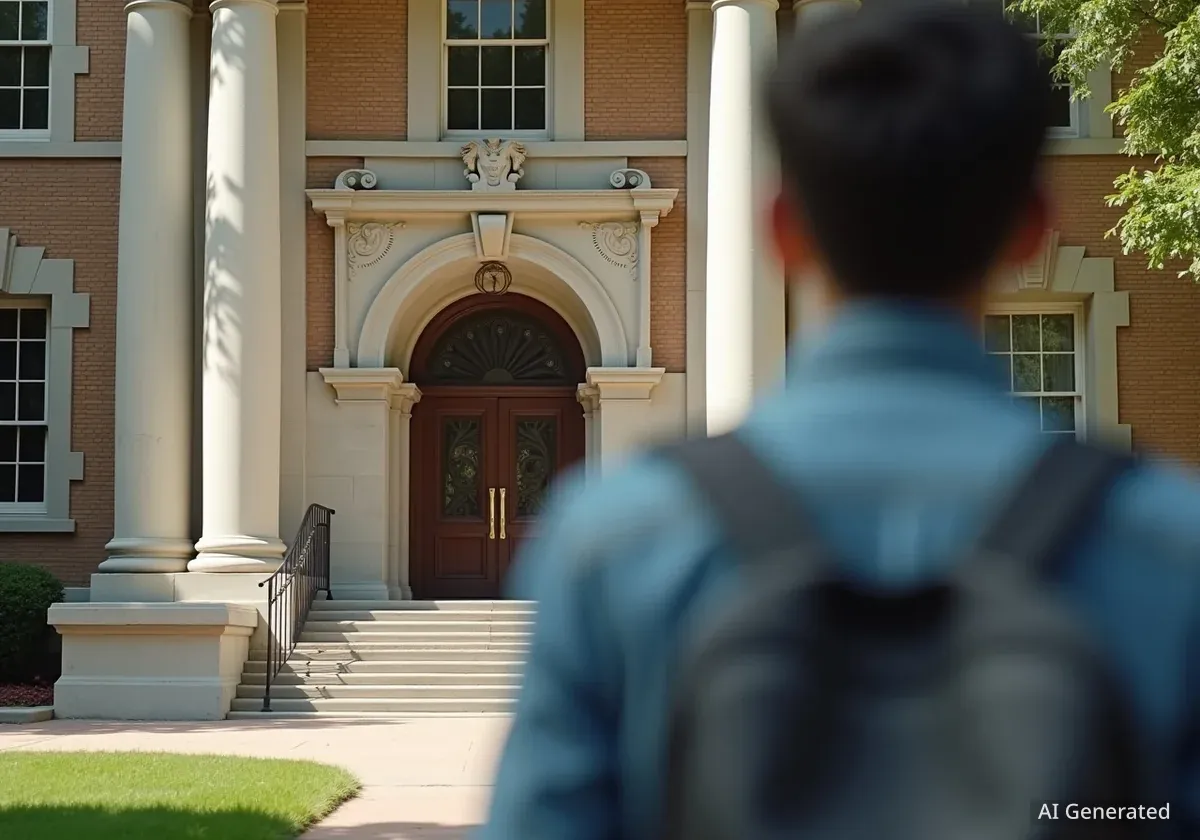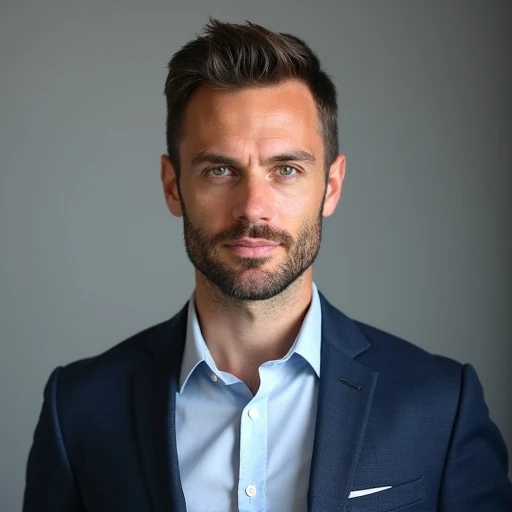The American Civil Liberties Union of Ohio has filed a federal lawsuit against The Ohio State University. The lawsuit alleges the university unconstitutionally expelled a student, Guy Christensen, for social media posts expressing his views on the Israeli-Palestinian conflict.
The legal action, announced on September 17, claims the university violated Christensen's First Amendment rights to free speech and his Fourteenth Amendment right to due process. The ACLU argues that Ohio State censored a specific political viewpoint under external pressure.
Key Takeaways
- The ACLU of Ohio is suing The Ohio State University over the expulsion of student Guy Christensen.
- The lawsuit alleges violations of First Amendment (free speech) and Fourteenth Amendment (due process) rights.
- Christensen was expelled following a series of social media posts about the Israeli-Palestinian conflict.
- Ohio State University has declined to comment on the pending litigation but affirmed its commitment to free expression.
Details of the Federal Lawsuit
The lawsuit filed by the ACLU of Ohio centers on the university's decision to disenroll Guy Christensen. According to the civil rights organization, this action was a direct result of opinions he shared on his personal social media accounts. The ACLU contends that the university's punishment was an unconstitutional act of censorship.
The legal filing argues that Christensen was engaged in protected political speech, a fundamental right guaranteed by the First Amendment. The ACLU also asserts that his Fourteenth Amendment rights were violated because he was removed from the university without a formal hearing, denying him due process.
As part of the lawsuit, the ACLU is demanding that Ohio State expunge any records suggesting Christensen violated the Code of Student Conduct or posed a risk to campus safety. The goal is to clear his academic and disciplinary record entirely.
Legal Protections for Student Speech
The First Amendment protects the speech of students at public universities, though this protection is not absolute. Universities can regulate speech that constitutes a true threat, harassment, or incitement to violence. However, political speech, even if controversial or offensive to some, generally receives the highest level of protection.
The Student and the Social Media Content
Guy Christensen is a social media influencer known as "YourFavoriteGuy" on TikTok, where he has accumulated over 3 million followers. His content often focuses on his pro-Palestine and self-described "anti-genocide" activism.
The controversy stems from several videos he posted. According to reports from the Jewish Telegraphic Agency, one video included statements of support for a shooting attack in Washington, D.C., that resulted in the deaths of two Israeli embassy employees. In other posts, Christensen reportedly denounced U.S. Representative Ritchie Torres for his support of Zionism.
The ACLU of Ohio maintains that while the content may be controversial, it did not cross the legal line into unprotected speech.
"The videos and speech do not incite or threaten unlawful violence," the ACLU of Ohio stated in its press release.
ACLU's Stance on University Responsibility
The ACLU's legal team framed the lawsuit as a crucial defense of free expression in higher education. They argue that public universities have a constitutional obligation to protect even unpopular or offensive viewpoints.
Freda Levenson, legal director for the ACLU of Ohio, explained the case's significance. "At its most basic level, [this case serves to] vindicate a public university student’s First Amendment right to engage in quintessential, protected political speech," she said in a statement.
The organization also alleged that the university's decision was influenced by external political pressure. The ACLU claims that senior officials in the Trump administration threatened to investigate Christensen, prompting Ohio State to act against the student.
"The university caved to this pressure," Levenson added. "Someone needs to push back on the side of the Constitution and the rule of law."
University's Official Response
When asked for comment on the lawsuit, The Ohio State University provided a brief statement. "We’re not going to comment on pending litigation," the university said. "Ohio State is committed to protecting freedom of speech and expression."
Broader Implications for Campus Speech
ACLU officials emphasized that the lawsuit has implications that extend beyond this specific case. They see it as a necessary challenge to what they describe as a broader effort to suppress certain viewpoints on college campuses.
David Carey, the managing legal director of ACLU of Ohio, spoke about the role of universities in a democratic society. "Universities play a vital role in our democracy: fostering free thought and supporting the vigorous exchange of ideas," Carey stated.
He continued, highlighting the importance of protecting controversial opinions. "That is never more important than when a student voices an unpopular opinion on a sensitive political subject – after all, uncontroversial ideas aren’t the ones that most need the First Amendment’s protection."
The ACLU has made it clear it believes Ohio State's decision to expel Christensen cannot go unchallenged, warning of a potential chilling effect on student speech at other institutions if the expulsion is allowed to stand.





